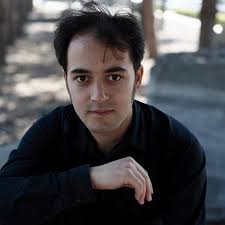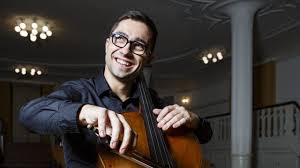St Mary in the Castle, Saturday 20 May 2017
When Marcio da Silva announced last year that Hastings Philharmonic was launching a fully professional symphony orchestra for the South East it seemed a risky undertaking, yet here we are, and the evidence of success was fully formed at St Mary in the Castle last Saturday. This had to be one of the finest orchestral performances in this building and potentially one which will herald a new era for symphonic music in our area. Where the performance last year of Beethoven’s Choral Symphony had been brave if not quite fully fledged, there was no problem here with either the Beethoven or the Brahms.
The evening opened with a passionate and fiery reading of Beethoven’s Egmont overture, with a crisp attack and real sense of drive and energy throughout. The sudden horn calls at the climax were electrifying and set a level of expectation for the rest of the evening.
Beethoven’s Choral Fantasy is a glorious work unfortunately eclipsed by the finale of the Choral Symphony itself, but here given the sensitivity and delicacy it requires to make a full impact. Andre Dolabella was a limpid and persuasive piano soloist, apparently floated between the orchestra and the raised choral forces. Beethoven indulges himself in a wide range of solo writing, including a lovely passage for string quartet which was very effective before the entrance of the chorus. Here the top sopranos were particularly impressive and the small male force accurate and very well focused.
After the interval – and a group photo – we came to Brahms’ Second Symphony. The tonal palette here is quite different and relies far more heavily on the string textures which have been strengthened and developed into a far more dynamic force since last year. Brahms frequently leads with the lower strings who were more than up to the task with their warm tone and insightful phrasing. The fleetly moving string passages of the third movement were handled with great skill as we moved effortlessly into the finale with its blazing brass chorus and highly extrovert impact.
It was received with great enthusiasm – and rightly so. Marcio da Silva should be proud of what he has achieved so far and the programme now released for next year is both demanding and exciting. Let us hope that somebody of this level of professional skill it not head-hunted too soon!


